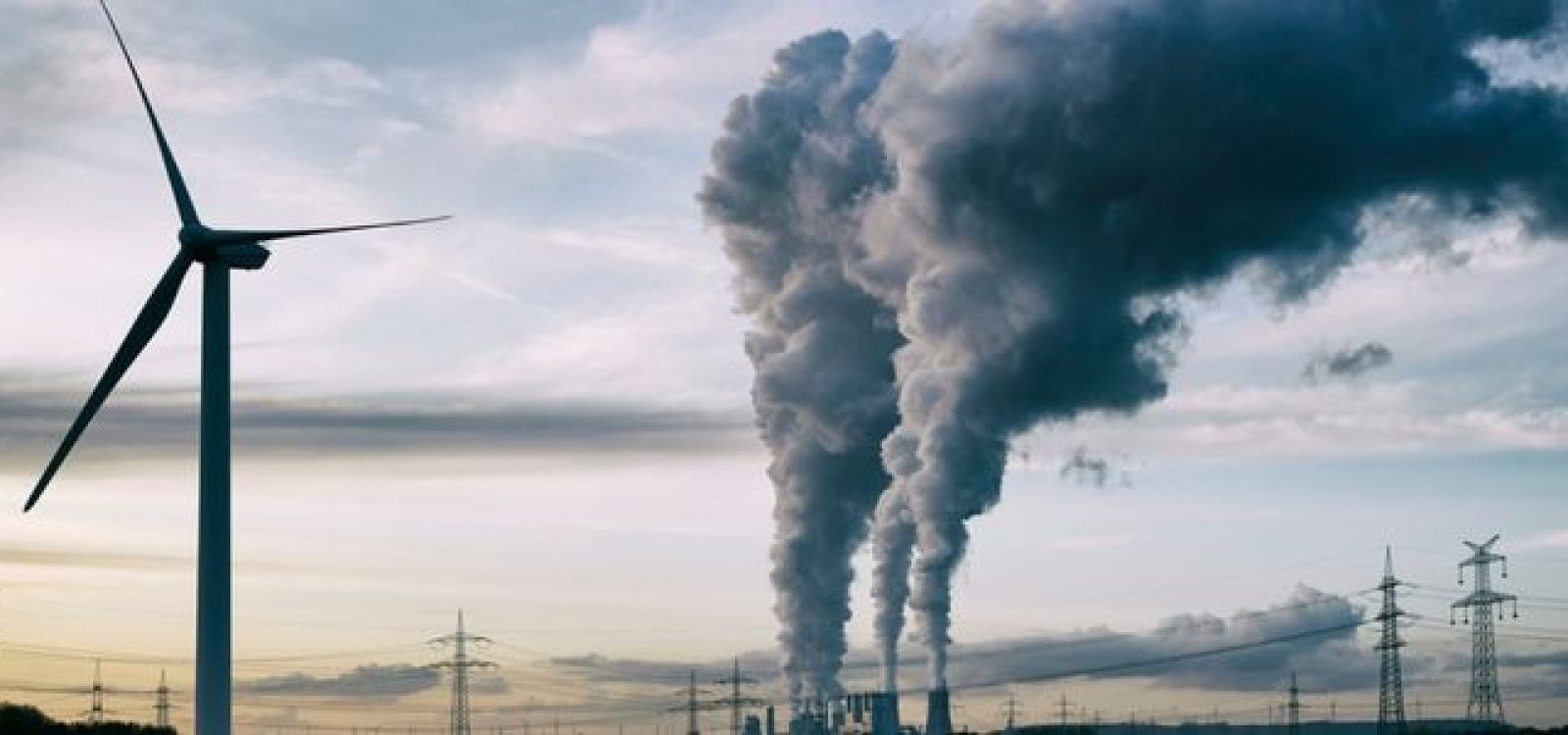
Impact of Climate Risk on The Insurance Industry
Climate risk impacts the insurance industry on both sides of the balance sheets. On the one hand, rising weather-related claims are affecting the liability side. At the same time, there is an increasing expectation from investors, shareholders, customers and other stakeholders for insurers to divest from investments in carbon-intensive industries to low-carbon industries that may impact return on the assets side of the balance sheet.
Different governments have committed to achieving the net-zero emission position by 2050, placing greater responsibilities on financial institutions like insurance companies to support that cause. One method by which insurers may contribute to the net zero emissions goal is by imposing underwriting rules on carbon-intensive industries.
According to the latest developments [1], some insurance companies in different countries have applied stringent underwriting rules by discontinuing offering direct insurance for thermal coal plants, projects, and infrastructure. One such company is Fidelis Insurance Holdings Limited, a privately owned Bermuda-based company with operations in London, Dublin, and Bermuda. It is a global provider of Bespoke & specialty insurance and reinsurance products. They have applied underwriting restrictions on six industries: defense & armaments, forestry & agriculture, mining, coal, oil & gas, and nuclear. They have also mentioned that they will only provide insurance to metallurgical coal if there are clear commitments to achieving the net zero emissions position in a time-bound manner. They also plan not to provide insurance to companies that generate more than 20% of their total revenue from investment in carbon-intensive industries.
Many other insurance players are following the footprints of not insuring the companies utilizing fossil fuel; Munich Re, one of the largest reinsurers, will not be backing new oil and gas fields from April 2023 [2].
“Insure Our Future” is a non-government organisation (NGO) engaged in global campaigning to raise the insurance industry’s awareness of climate risk. As a result of such awareness and emerging supervisory push towards addressing climate risk, the insurance industry in future may phase out insuring new fossil fuels and existing coal, oil, and gas projects.
Similarly, the United Nations Environment Programme has created an alliance of 29 leading insurance companies contributing more than 14% of the world’s premiums named Net-Zero Insurance Alliance (NZIA). The members aim to transition their insurance and reinsurance underwriting portfolios to net-zero greenhouse gas emissions by 2050.
Insurance companies have started using environmental, social, and governance (ESG) scores in determining underwriting criteria. Marsh did a study of 30 insurance companies in the UK and found that 38% of companies use an internal ESG rating factor, and 47% use external rating providers’ assistance [3]. At the same time, 79% are open to offering incentives to insurers for positive ESG metrics.
Regulators are also driving the initiatives towards achieving the net-zero emission position by 2050. The Prudential Regulatory Authority (PRA) in the UK has asked insurers and banks to integrate climate risk into their business strategies, planning, and governance [4]. The PRA added that these financial institutions must satisfy supervisors that they have embedded scenario analysis into their risk management and business planning activities. As climate risk is an emerging risk, insurance companies must integrate it within their existing enterprise risk management program and link it up with their corporate governance. The achievement of climate risk targets must be linked with the senior leadership remuneration structure; some companies are already doing this in UK and Canada, such as Aviva and Manulife.
In the United States, the insurance premium for home insurance is rising due to adverse claim experiences of non-life companies, among other factors. The US (Biden) administration is collecting data on claims to analyze experience from more than 200 large insurance companies [5]. Some insurance companies in California, Florida, and Louisiana have bankrupt due to a sharp increase in claims due to climate-related changes. While in Florida, the cost of home insurance has nearly tripled the national average, and Hurricane Ian forced six insurers into insolvency this year. In Louisiana, 11 insurance companies became insolvent in July 2021 due to significant losses from Hurricane Laura in 2020 and Hurricane Ida in 2021, according to the state insurance department report [5].
Increased frequency and severity of extreme weather events is one factor contributing to recent property premium increases in Australia In addition, the severe weather is increasing the maintenance cost, repair, and replacement of properties in homes and commercial buildings [6].
Many institutions are now offering educational programs to help businesses manage climate risk. For example, the Society of Actuaries and Milliman have jointly developed a certificate program on measuring and managing climate risk for actuaries. This Certificate Program will help develop risk management techniques for actuaries with the interdisciplinary expertise necessary to manage the complexity of climate risk. The program will open for enrolment in early 2023 [7]. In addition, the Global Association of Risk Professionals (GARP) has already developed Sustainability and Climate Risk Certificate program [8]. A systematic study toward understanding climate risk is the first step toward addressing the problem.
The insurance industry has a role to play in managing its own risk of rising claims, helping achieve net zero emission through underwriting initiatives, and cutting the money supply by not investing in high carbon-emitting industries. Education is the next best thing to happen to create awareness, model the climate risk, and manage it. In the next two decades, the world will watch the insurance industry closely for its role.
References
-
- https://www.insurancebusinessmag.com/uk/news/environmental/fidelis-insurance-broadens-esgled-underwriting-guidelines-421700.aspx
- https://jamaica-gleaner.com/article/business/20221023/some-risks-too-big-insurers-withdraw-fossil-projects
- https://www.insurancebusinessmag.com/uk/news/environmental/esg-considerations–how-are-they-impacting-underwriting-422528.aspx
- https://www.insuranceinsider.com/article/2as6ql8avpxmwgjnetvr4/london-market-section/pra-instructs-insurers-banks-on-progress-needed-on-climate-risk
- https://www.eenews.net/articles/treasury-to-insurers-divulge-your-climate-risks/
- https://www.insurancebusinessmag.com/au/news/environmental/what-impact-is-climate-change-having-on-insurance-rates-in-australia-422642.aspx
- https://www.yahoo.com/now/society-actuaries-milliman-collaborate-develop-233000628.html?guccounter=1&guce_referrer=aHR0cHM6Ly93d3cuZ29vZ2xlLmNvbS8&guce_referrer_sig=AQAAABeYfHiGQQ5wGiS3ylsFI53AjUOi23l2OL3eJftznFbGYScFOBRtyeuqKh2Aw-ShiFgXsdW8lFGa59h_tcoBDGTnL1p7BXObDEWZ_CRhHTMH6Vhdtz8a8VlHEcvx5MriewaMZEeT_WMakE9MJeNGsVbTOo4ISGydv-OnQGl42VYL
- https://www.garp.org/scr
CPD: Actuaries Institute Members can claim two CPD points for every hour of reading articles on Actuaries Digital.






